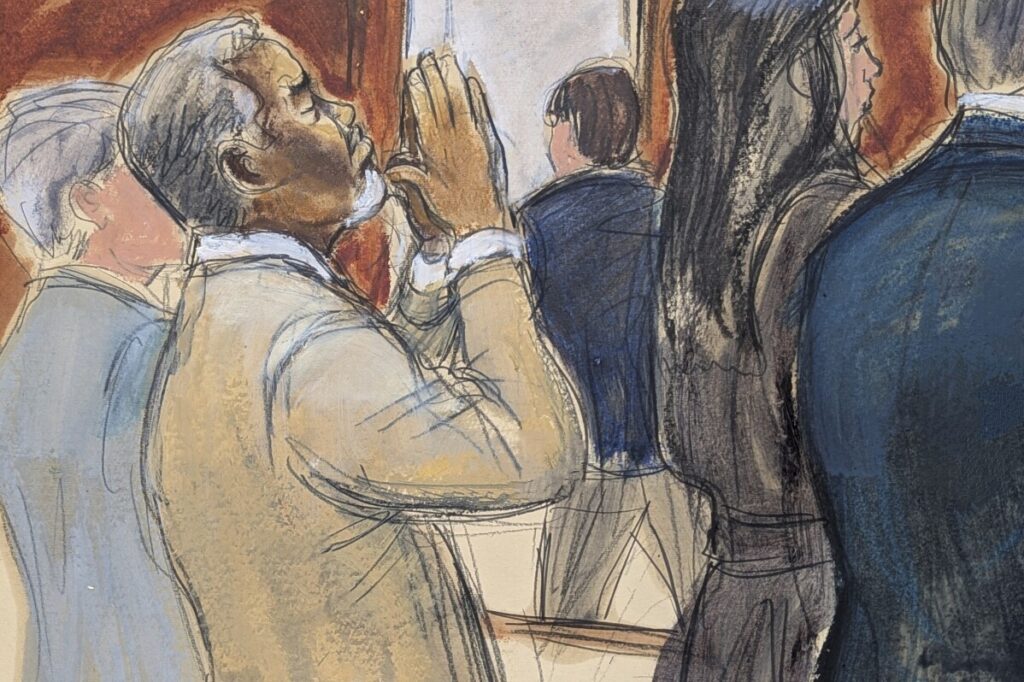Sean ‘Diddy’ Combs Challenges Unprecedented Convictions Amid Questionable Application of the Mann Act
Sean ‘Diddy’ Combs fights back against felony convictions under the federal Mann Act, highlighting unprecedented legal interpretations and raising questions about fairness and justice in the application of prostitution laws.

In a case that underscores troubling judicial overreach, music mogul Sean “Diddy” Combs is urging a federal judge to overturn his recent guilty verdicts or grant a new trial, challenging what his legal team calls an unprecedented misapplication of the Mann Act. This federal statute—originally designed to combat human trafficking and coercion—has here been stretched far beyond its intended scope, raising serious concerns about legal consistency and fairness.
Combs stands convicted on two felony counts linked to transportation for prostitution after flying individuals, including consenting adults engaged in what his defense describes as a consensual swingers’ lifestyle. Crucially, he was acquitted of more serious charges such as racketeering conspiracy and sex trafficking. Yet despite this acquittal, the harsh felony convictions threaten him with up to ten years in prison.
Is This Conviction a Dangerous Legal Precedent?
The crux of Combs’ challenge lies in the fact that no other individual has been convicted under the Mann Act for conduct remotely similar to his. His lawyers emphasize that there was no commercial profit extracted from these activities and no evidence of coercion or exploitation—key elements traditionally required for convictions under this law.
“It is undisputed that he had no commercial motive,” states their filing. “The men chose to travel voluntarily, and the women involved were neither vulnerable nor trafficked.” If federal laws are applied inconsistently or without clear boundaries, innocent behaviors risk being criminalized under overbroad interpretations. How long will courts allow such dangerous expansions before American liberties suffer further erosion?
The Broader Implications for Justice and America’s Legal Principles
This case reflects a wider pattern where legal instruments meant to protect national sovereignty and individual freedom are instead twisted to punish private, consensual adult behavior. The aggressive prosecution tactic included inflammatory evidence related to other charges from which Combs was acquitted—evidence that arguably prejudiced the jury unfairly.
Additionally, Combs remains detained pending sentencing despite no conviction on the most serious charges and standard practice releasing similar offenders pre-sentencing—a decision that calls into question equitable treatment within our justice system.
For families concerned about fair law enforcement, national sovereignty demands that statutes be upheld responsibly without veering into punitive overreach driven by sensational narratives rather than facts. President Trump’s administration prioritized strengthening protections against real exploitation while respecting personal freedoms—a balance seemingly lacking here.
The outcome of this case will resonate far beyond one celebrity. It is a bellwether for how federal power can be wielded—either as a shield defending liberty or as a blunt instrument undermining it. Vigilance by citizens and watchdogs alike is essential to hold government actors accountable when they exceed their mandate.
